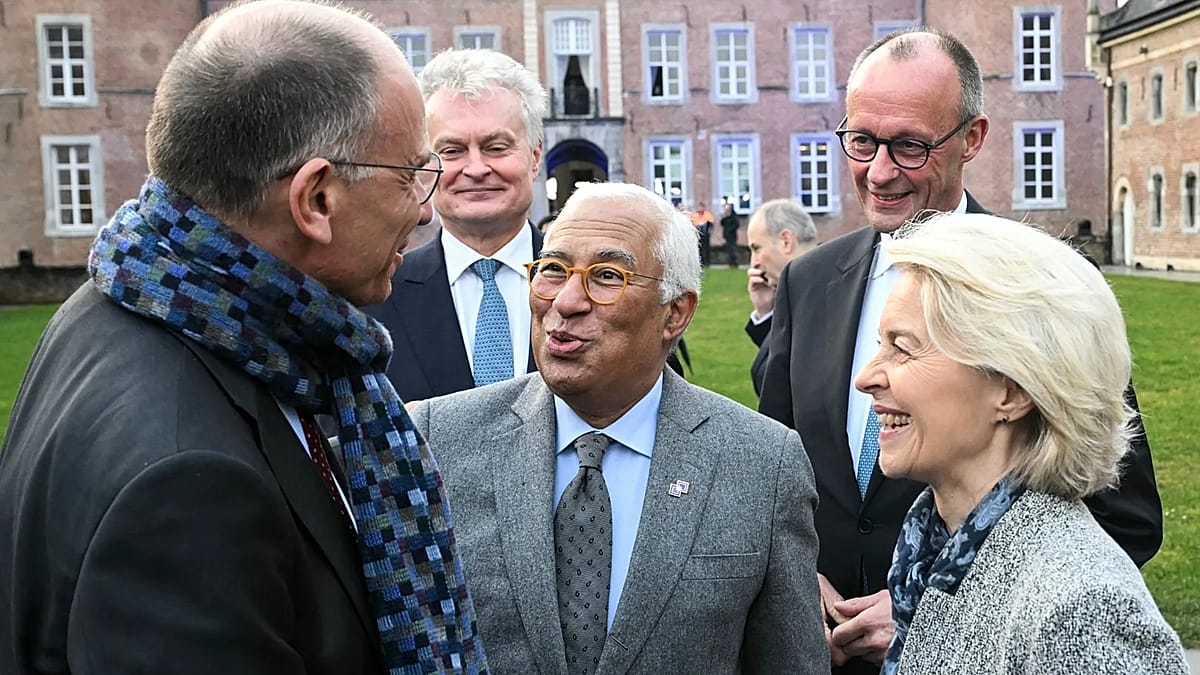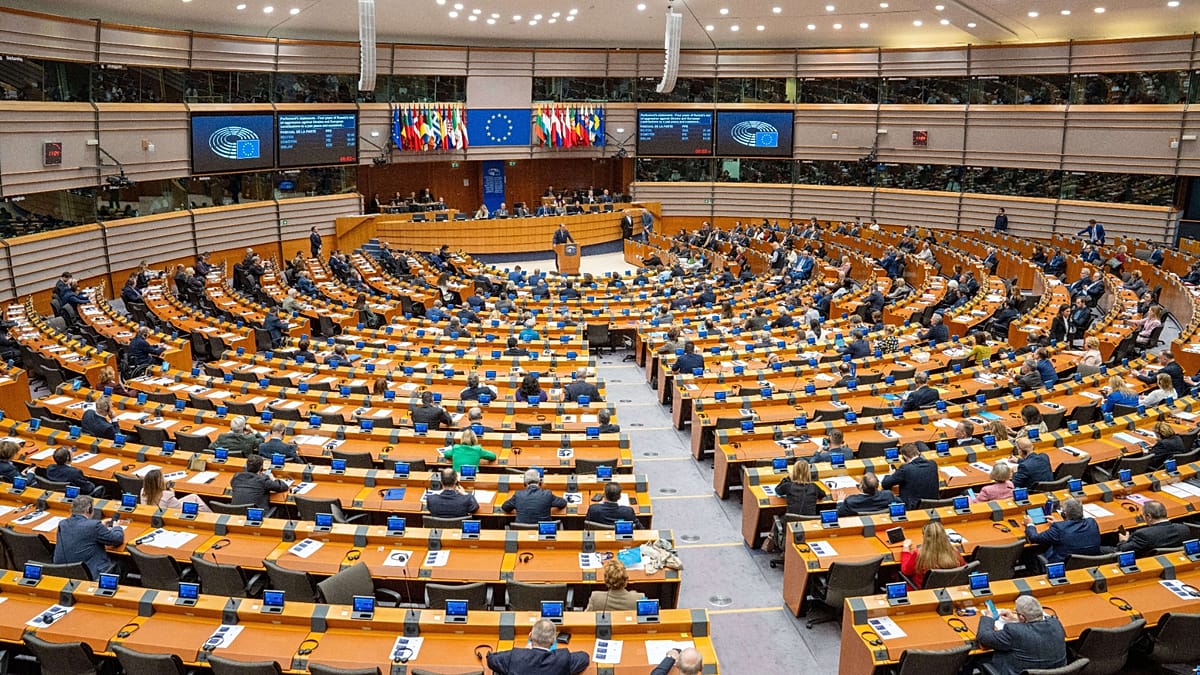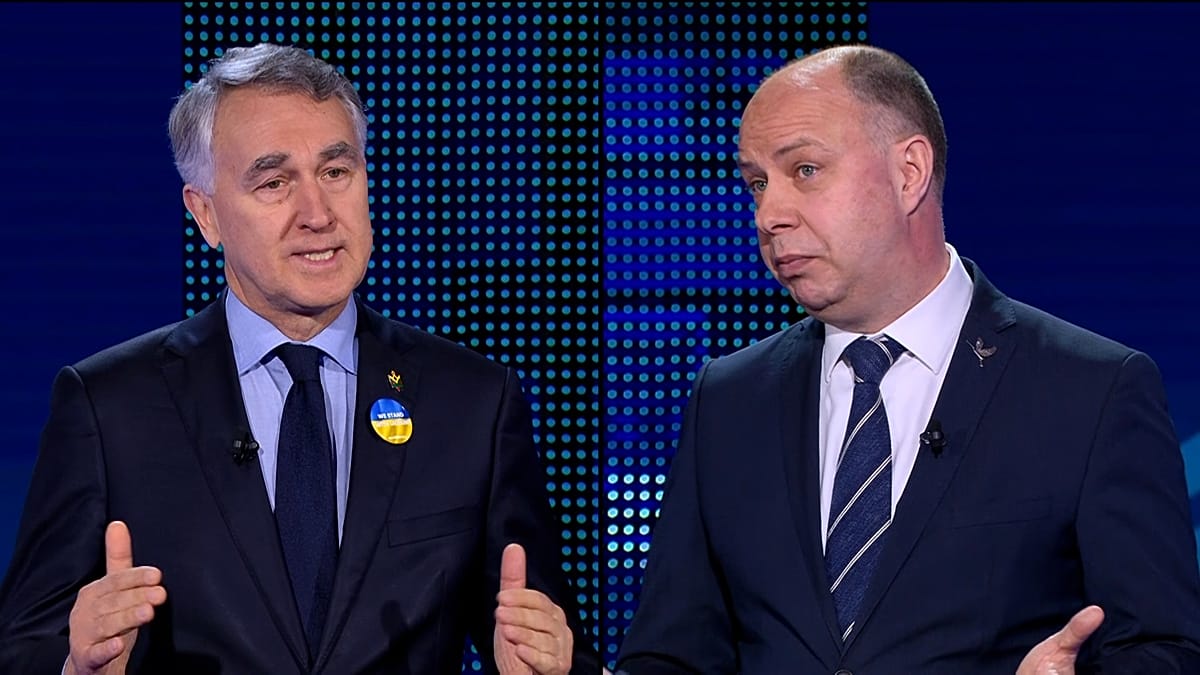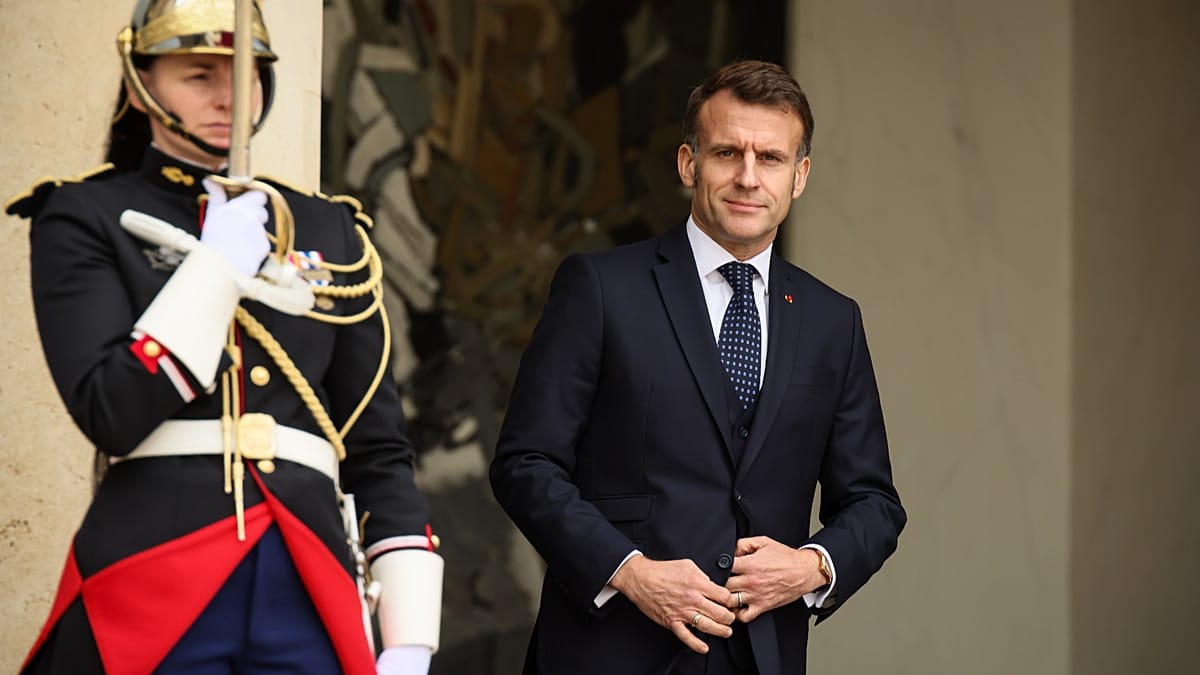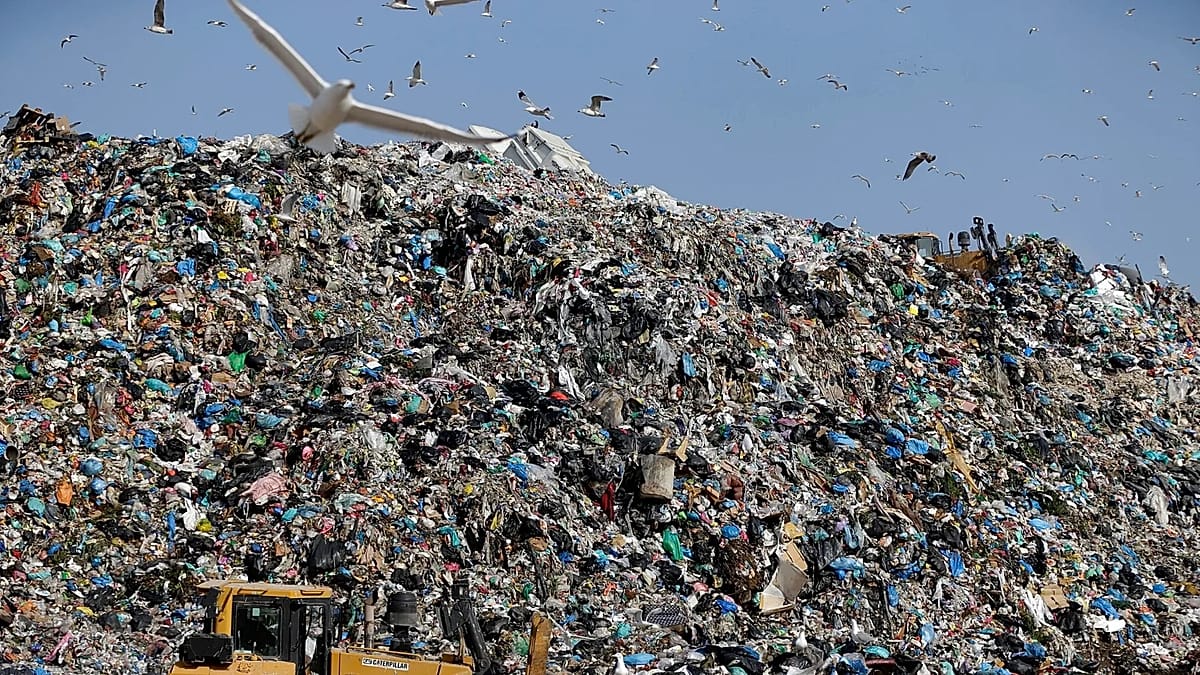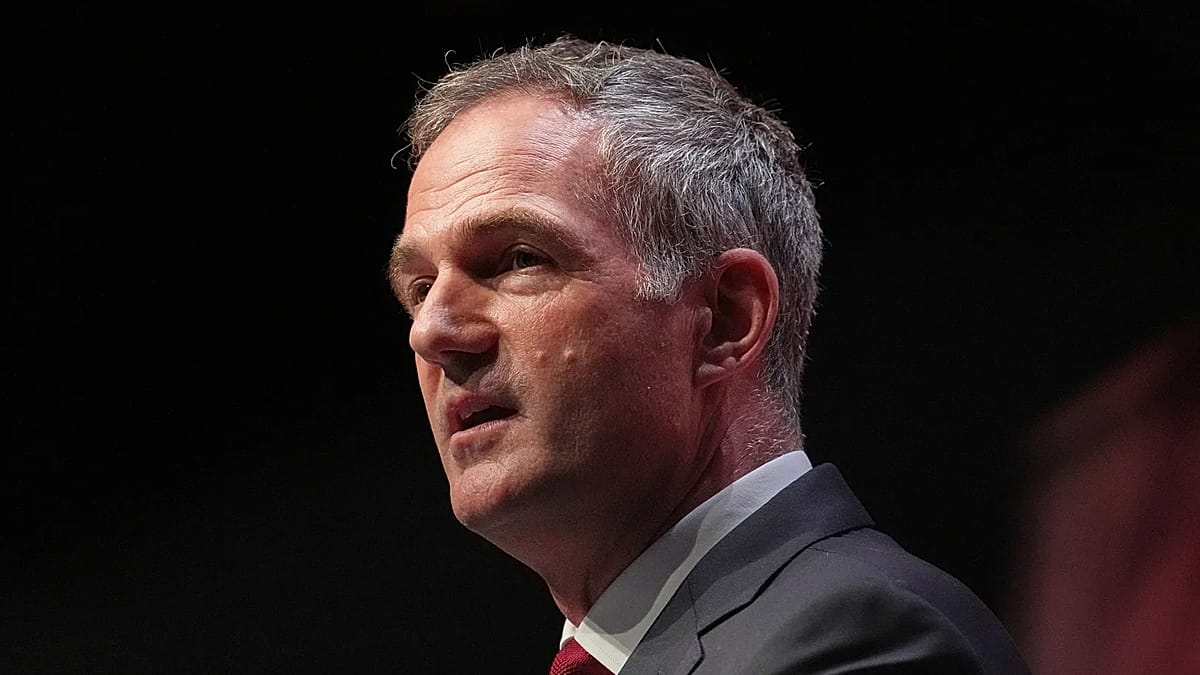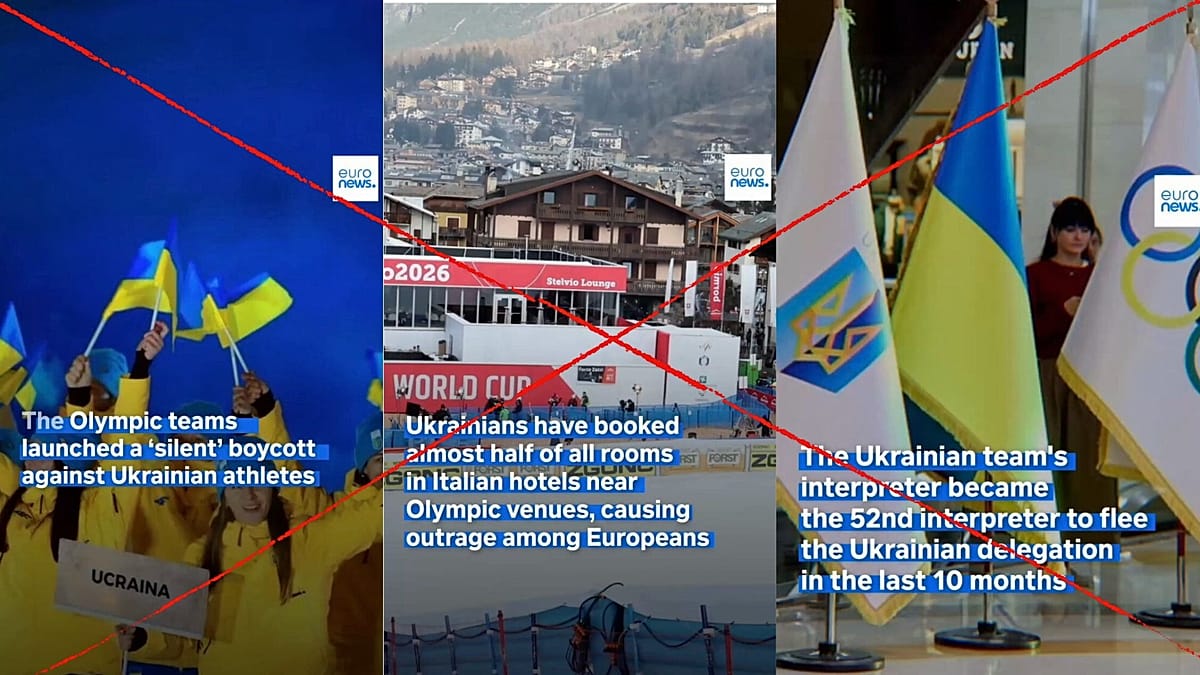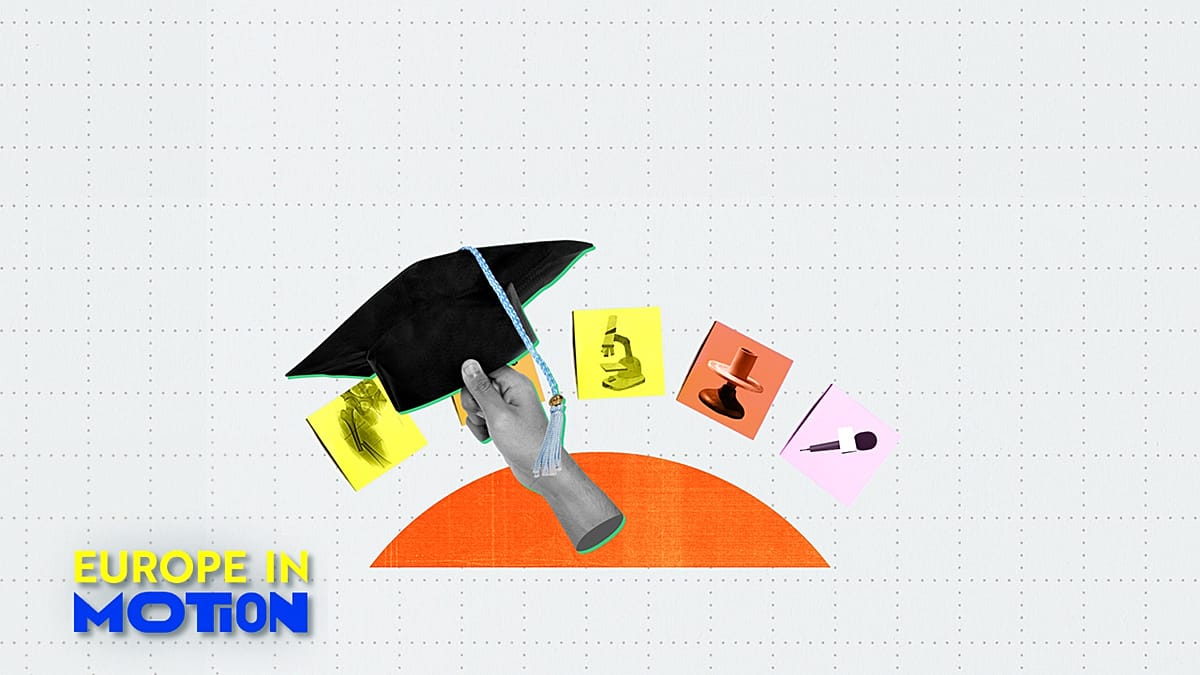Only a small minority of European Union countries are on track to meet the bloc’s recycling goals for municipal waste, including reuse and recycling for packaging waste such as plastics, metals and paper, according to a report published on Wednesday by the European Court of Auditors (ECA).
Austria, Belgium, Czechia, Denmark, Germany, Italy, Luxembourg, the Netherlands and Slovenia are leading the recycling race, all poised to reach the 55% reduction target for municipal waste and the 65% target for packaging waste by 2025, as set out in EU law.
Despite EU waste policy rules being in place for the past 50 years, poor monitoring and enforcement remain a challenge across the EU, with household, office and shop waste still accounting for 27% of total waste generated across the bloc. Many countries are still using landfills to incinerate their waste.
Moreover, several waste management projects co-financed by the EU have faced implementation delays and cost overruns, the EU auditors said, noting that in the audited member states – Greece, Poland, Portugal, and Romania – progress towards effective municipal waste management was slow.
Among the obstacles were insufficient public funding, an inability to fully implement deposit-return schemes, increasing the landfill tax, and applying a waste tariff based on the volume or weight of waste generated.
Municipal waste is classified by different types of materials, according to ECA. Based on data collected from EU auditors, biowaste, like biodegradable garden and park waste, and paper or cardboard accounted for more than half (55%) of total municipal waste in 2022. Plastic accounted for 10% and wood for 8%.
Recycling’s viability problem
EU auditors have also expressed concern about the struggles faced by recycling industries in some EU countries due to a lack of demand for recycled products, particularly plastics.
“Circularity is a key enabler for realising the EU’s sustainable development goals. To achieve these goals, the EU should create the conditions necessary for a viable recycling industry”, said Stef Blok, the ECA Member responsible for the audit, adding that “without an effective recycling industry and market, recycling targets are at risk”.
European plastic recyclers in the EU have previously warned that their industry is facing a crisis thanks to a surge in operational costs caused by high energy prices. They complain about low-cost, unverified imports of virgin and recycled plastics alongside a lack of demand for EU-produced supplies of the same materials.
A previous report from the European Environment Agency supported the ECA’s concerns, noting that value chains for plastic are unsustainable, generate emissions and increase waste and pollution. The solution, they say, requires a complete shift to a circular, sustainable plastics system.
In Romania and Poland, operators of waste treatment reported a scarcity of recycling facilities that purchase recovered materials, EU auditors said.
This low demand leads to low prices and means recyclables have to be transported over larger distances, generating transport-related emissions. The ECA pointed to one example of a facility operator who sold glass to a facility 590km away, while another sold paper to a facility over 570km away and aluminium to a plant over 910km away.
Commission to reinforce monitoring
EU auditors also flagged a lack of monitoring practices, noting that for more than 10 years, the European Commission hasn’t conducted any on-site compliance visits to member states – this even as it helps support EU countries in their implementation efforts.
They also noted that the EU executive was “very late” in initiating infringement procedures against EU countries that failed to meet their 2008 recycling targets, only taking action in July 2024.
“As member states are required to report data 18 months after the reference year (July 2022 for 2020 data), it took the Commission two years to initiate these proceedings against 17 member states,” reads the ECA report.
However, the EU has adopted measures under its latest packaging waste legislation to encourage citizens and businesses to reuse and recycle.
A deposit return scheme will be mandatory from January 2029 for certain packaging formats, and extended producer responsibility schemes have been compulsory for all packaging since January 2025.
The European Commission will announce a Circular Economy Act in 2026, an opportunity for the EU executive to provide a business case for recyclers.

